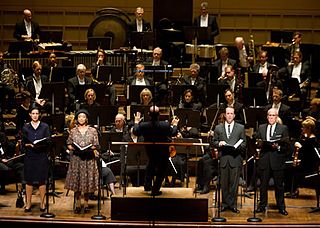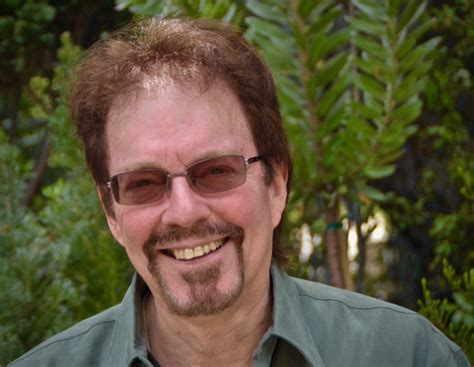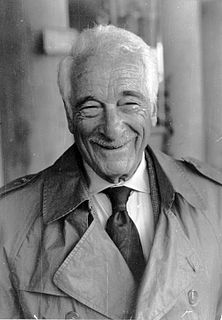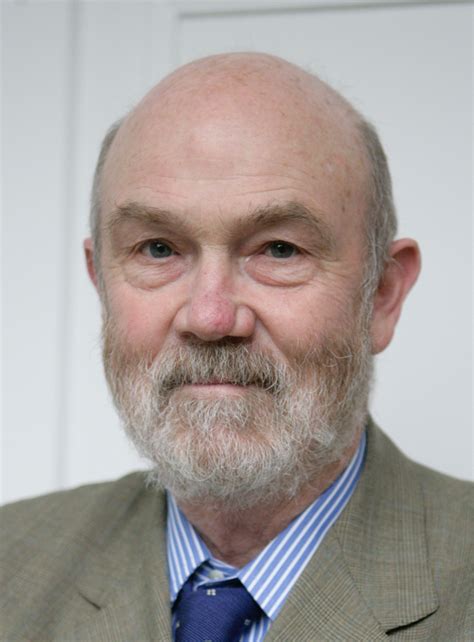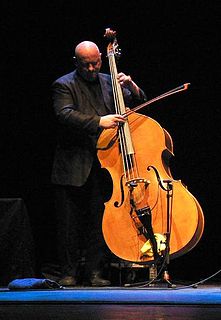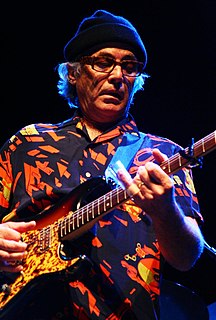A Quote by Esa-Pekka Salonen
I've learned a lot from the masters of orchestration, like Ravel and Stravinsky.
Quote Topics
Related Quotes
Neil Shepard's (T)RAVEL/ UN(T)RAVEL takes us from the sublime -- Paris in Spring, sunset on Corfu -- to an unscheduled toilet stop in a Chinese desert as fellow passengers cheer. Yes, there's light at the heart of this book; but darkness too, as the world and the traveler unravel and re-ravel, fall together, come apart. Shepard proves the best sort of traveling companion -- lively, observant, incisive, eloquent, charmed by the strange and familiar, the old and new. Climb aboard these poems. Enjoy the ride.
The composer Stravinsky had written a new piece with a difficult violin passage. After it had been in rehearsal for several weeks, the solo violinist came to Stravinsky and said he was sorry, he had tried his best, the passage was too difficult, no violinist could play it. Stravinsky said, 'I understand that. What I am after is the sound of someone trying to play it.'
Most of us are searching-consciously or unconsciously- for a degree of internal balance and harmony between ourselves and the outside world, and if we happen to become aware-like Stravinsky- of a volcano within us, we will compensate by urging restraint. By that same token, someone who bore a glacier within them might urge passionate abandon. The danger is, as Bergman points out, that a glacial personality in need of passionate abandon may read Stravinsky and apply restraint instead.

